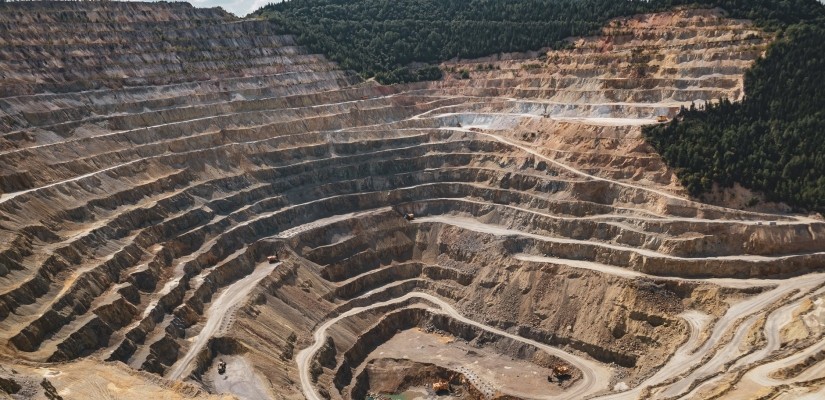
Mining industry giant Rio Tinto has been found responsible for human rights violations in Papua New Guinea. A report by the Human Rights Law Center revealed that a mine on the island of Bougainville, once operated by Rio Tinto subsidiary Bougainville Copper Limited, had resulted in serious health and environmental hazards such as poisoned water, polluted fields, and a devastated river valley.
The Bougainville mine was one of the world’s largest copper and gold mines, however, the mine was shut in 1989 after 17 years of operation. Disputes over profits and environmental damage led to a decade-long civil war on the island that resulted in the deaths of roughly 20,000 people.
Representatives from Rio Tinto argue that ownership of the mine had been transferred to the local government and the company has not been able to return due to conflict on the island. The company’s refusal to return and clean up the mine, and the subsequent backlash from human rights groups, illustrates the importance of reputational risk aversion that mining companies must take into consideration.
